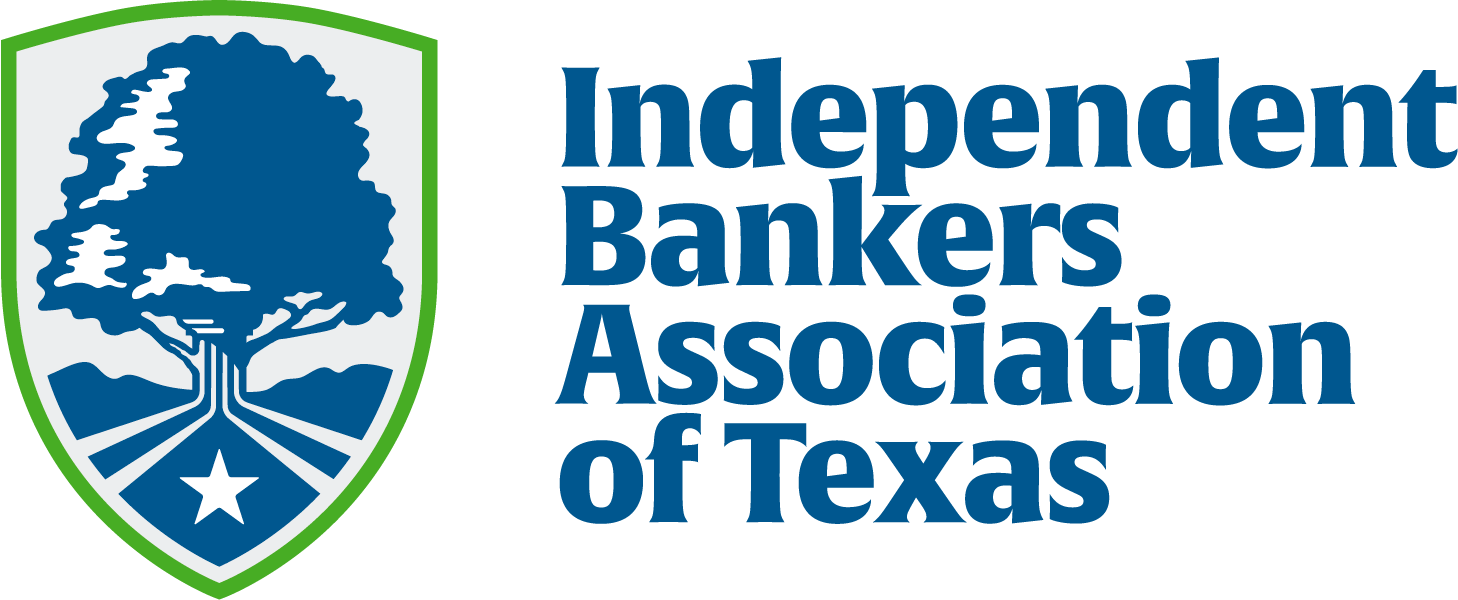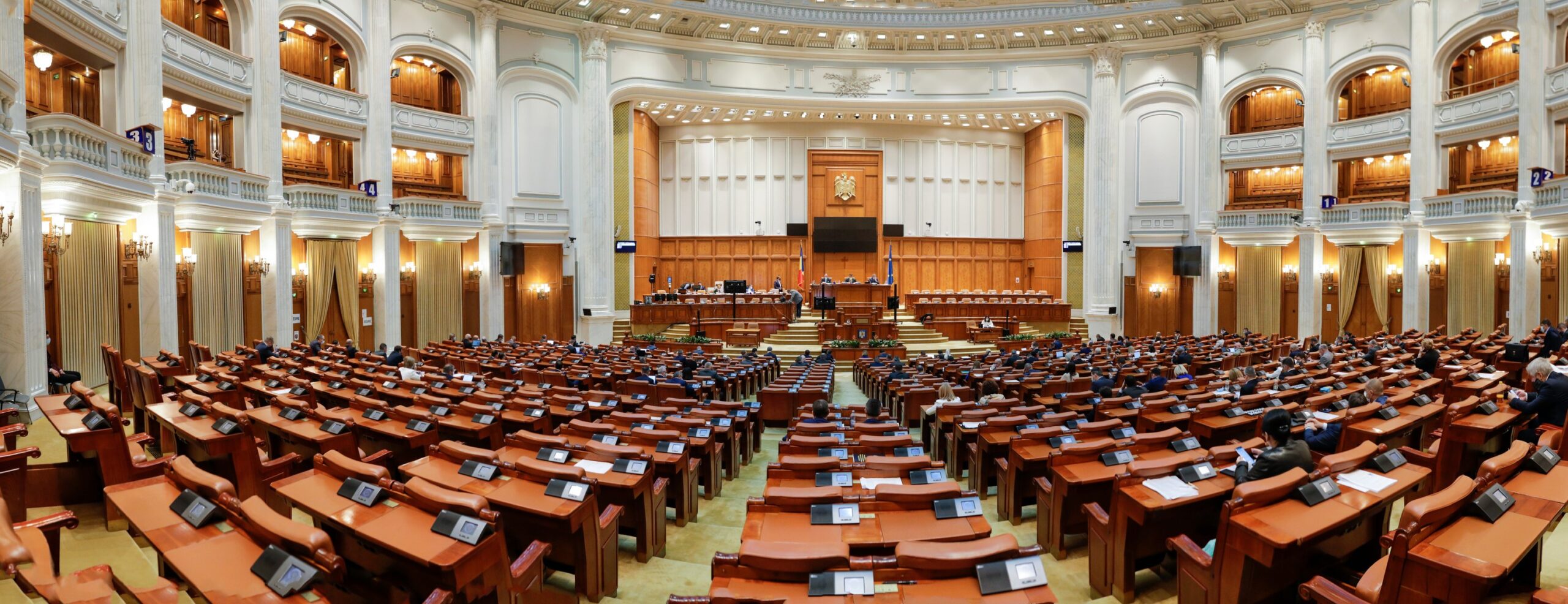In a year where the elections are center stage, majorities are razor-thin and the calendar is short – there are only 10 legislative days in the House and 12 in the Senate – Congress has two weeks to fund the government to avert an October 1 government shutdown.
The most likely resolution is a spending bill that funds the government past the November election and possibly early into next year. The post-election lame duck session will be dictated by the results of the election. In such a session, a few items that may pass include the Farm Bill (or Farm Bill extension), the National Defense Spending Bill and another short-term spending bill to keep the government open into early 2025.
Retiring, high-ranking lawmakers may also try to pass “legacy” legislation including cryptocurrency legislation, a project for retiring House Finance Services Committee Chairman Patrick McHenry (R-N.C.) and data privacy/kids online safety legislation. Finally, the tax-writing committees will hold hearings to lay out positions on extending the expiring provisions of the 2017 Tax Cuts and Jobs Act (TCJA), including the 20 percent deduction on income for pass-through entities.
IBAT continues to monitor and engage in federal legislative efforts to keep the government open and pass priority legislation such as the Farm Bill.




